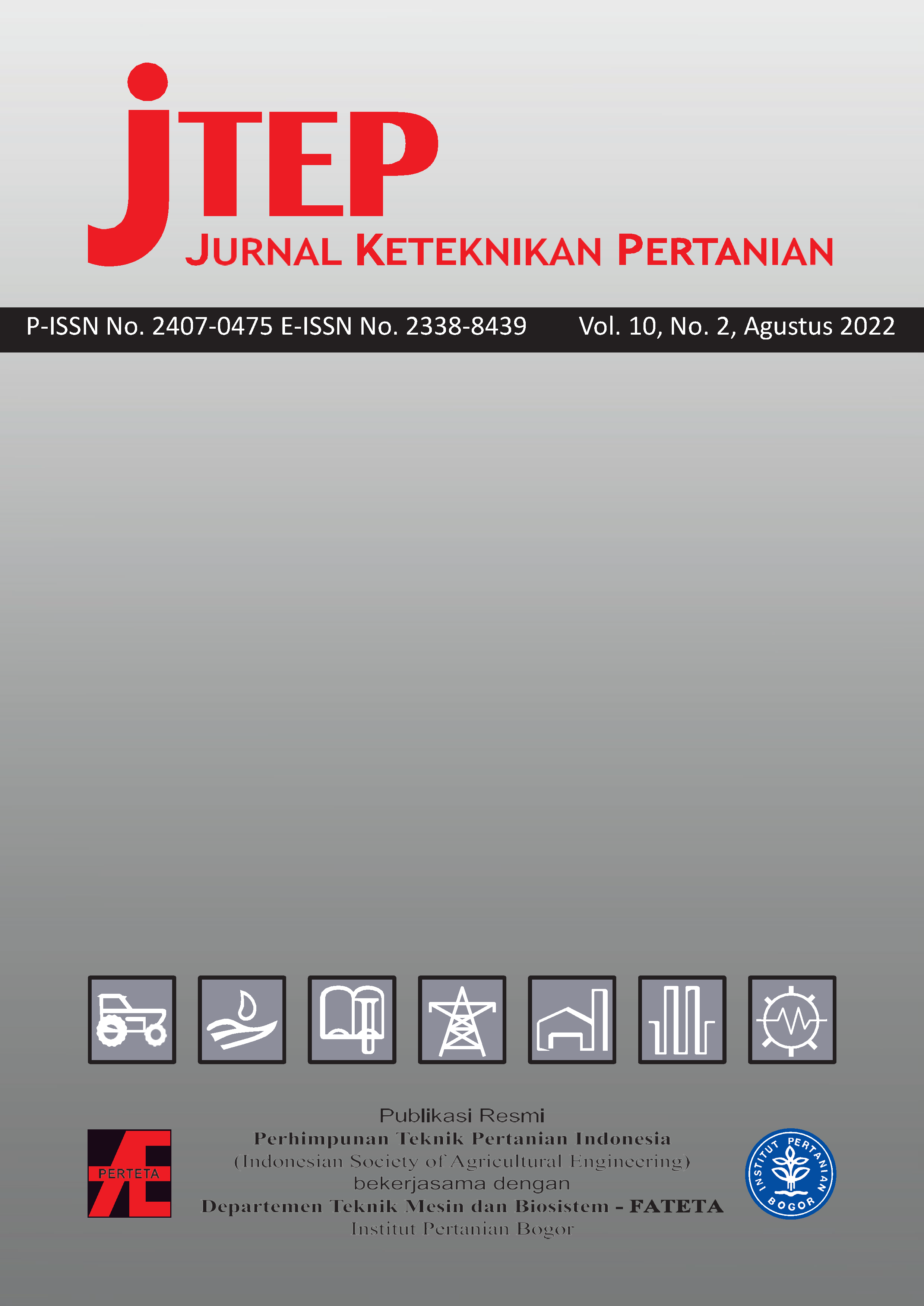Investigation of Fluid Flow in Biodiesel Reactor with 4 Different Types of Agitator using Computational Fluid Dynamics Simulation
Abstract
Biodiesel is formed by transesterification reaction of vegetable or animal fatty acid with alcohol. Agitation of fluid in the biodiesel reactor is required for occurring of the transesterification reaction. This research aims to study the flow behaviour in reactor with different type of agitator using computational fluid dynamics simulation and determine the optimum type of agitator in biodiesel production. Flow behaviour which was studied includes temperature and fraction distribution, turbulence intensity, and vorticity of fluid. The study was conducted in transient and steady state simulation with agitation types of helical screw, turbine, propeller, and anchor. The material that was modelled consist of cooking oil and methanol with mole ratio of 1:6. The mixing process used 500 rpm agitation speed and 60-65 oC mixing temperature. Furthermore, to determine the optimum agitator, the analytical hierarchy process method was carried out. The simulation results were analysed then obtained the score of each agitator, which were 0.314 (anchor), 0.350 (helical screw), 0.249 (propeller) and 0.087 (turbine). Based on the result, the optimum agitator was the helical screw type.
Authors

This work is licensed under a Creative Commons Attribution 4.0 International License.
Authors submitting manuscripts should understand and agree that copyright of manuscripts of the article shall be assigned/transferred to Jurnal Keteknikan Pertanian. This work is licensed under a Creative Commons Attribution-ShareAlike 4.0 International License (CC BY-SA) where Authors and Readers can copy and redistribute the material in any medium or format, as well as remix, transform, and build upon the material for any purpose, but they must give appropriate credit (cite to the article or content), provide a link to the license, and indicate if changes were made. If you remix, transform, or build upon the material, you must distribute your contributions under the same license as the original.

